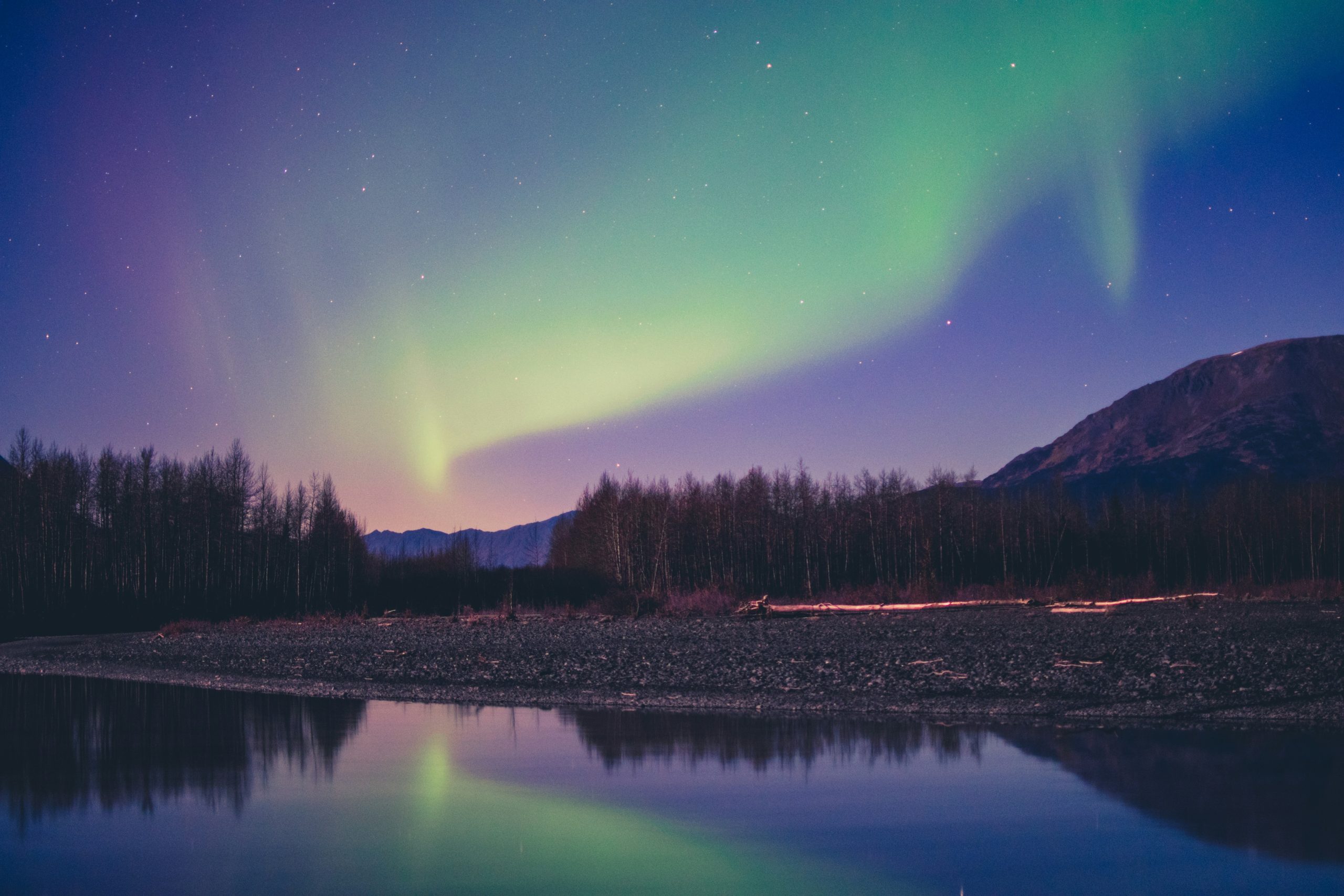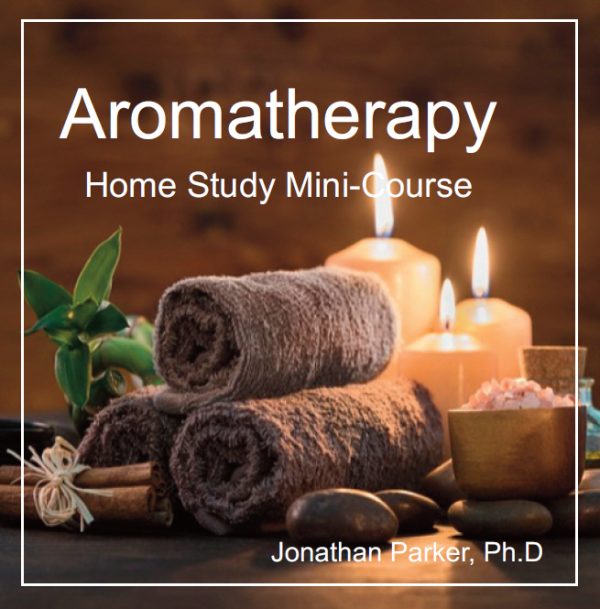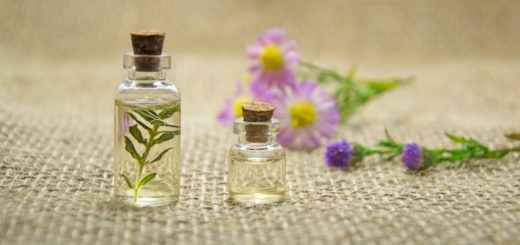Why Are They Called Essential Oils? A Simple Explanation

Hey there, amazing readers! 🖐️ Just a quick note: yes, we know there are a lot of ads here. Trust us, we get it—it’s not the prettiest look, but they help us keep this blog alive and kicking. Those pesky little ads cover the costs of all the behind-the-scenes magic, from hosting and tech stuff to creating content we hope you’ll love.
We’re committed to delivering quality posts, and your support (even just sticking around despite the ads) means everything to us. So, bear with us, and thanks for helping us keep the good vibes rolling. Now, on to the fun stuff! 😉
TRANSLATE BUTTON AT THE END OF THE ARTICLE
A Quick Overview
Essential oils are everywhere these days, from beauty products to wellness practices.
You might have heard the term but wondered why they are called "essential oils." The name might evoke thoughts of being necessary, crucial, or even vital.
But believe me, there’s a lot more to it than just that.
In this article, I’ll dive deep into what essential oils are, their origins, and why they hold a special place in our lives.
Get cozy, and let’s explore!
What Are Essential Oils and Why Do We Use Them?
Essential oils are concentrated extracts derived from plants.
These oils capture the plant’s scent, flavor, and healing properties, making them quite popular in various applications.
We use essential oils for many reasons, such as:
Aromatherapy: The scent of oils can enhance mood and create a calming atmosphere.
Natural Remedies: Many people turn to essential oils for their potential health benefits, from soothing headaches to fighting colds.
Beauty Products: Natural beauty enthusiasts love incorporating essential oils into their skincare routines for added benefits.
Household Cleaners: They can act as natural disinfectants, making your home smell fresh while being eco-friendly.
I’ve found that a few drops of lavender or eucalyptus can transform my space, turning a mundane room into a sanctuary.
Plus, the fact that these oils come from nature makes them all the more appealing!
The Origin of the Term "Essential Oils" Explained
Now, let’s get to the juicy part—why do we call them "essential"?
The term “essential” comes from the Latin word "essentia," meaning essence or the inherent nature of something.
When we talk about essential oils, we refer to the essence of the plant from which they are derived.
This essence is what gives the oils their distinctive aroma and therapeutic properties.
For instance, the essence of peppermint is refreshing and invigorating, while the essence of rose is calming and romantic.
They capture the very soul of the plant in a bottle!
Interestingly, “essential” doesn’t mean these oils are essential for life like water or air.
Instead, they’re essential in the context of capturing the plant’s character.
So, next time you catch a whiff of lemon oil, remember—it’s the essence of the lemon!
The Process: How Essential Oils Are Extracted
Extracting essential oils is a fascinating process.
There are several methods, but I’ll focus on the most common ones: steam distillation and cold pressing.
Steam Distillation: This is the most popular method.
Steam is passed through plant material, causing the oil to evaporate.
The steam then cools down, and the oil condenses back into liquid form.
It’s a bit like making a cup of tea, where you’re drawing out flavors and scents.
Cold Pressing: Primarily used for citrus oils, this method involves mechanically pressing the plant to release the oil.
Imagine squeezing an orange—only this time, instead of juice, you get fragrant oil.
Both methods preserve the unique characteristics of the plants.
It’s like crafting a fine wine; every step counts!
The Role of Plants in Creating Essential Oils
Plants are the stars of the show when it comes to essential oils.
They contain various compounds—terpenes, esters, and phenols—that contribute to their scent and therapeutic properties.
Here’s how different parts of the plant contribute to their aromatic profiles:
Flowers: Lavender and jasmine oils derive from flowers, exuding calming and romantic scents.
Leaves: Eucalyptus and peppermint oils come from leaves, offering refreshing, cooling properties.
Roots: Ginger oil is extracted from roots and carries a warm, spicy aroma.
Bark: Cinnamon oil is derived from the bark, bringing a warm, sweet scent.
This diversity in origins adds to the richness of essential oils.
Just like each plant has its unique flavor profile, its oil does too!
Essential Oils: Are They Really Essential?
Now, let’s tackle the question—are essential oils truly essential?
Well, here’s the scoop: they aren’t essential in the sense that our bodies need them to survive, like vitamins or minerals.
But they can enhance our lives in meaningful ways.
Consider this: essential oils can be excellent alternatives to synthetic fragrances and chemicals in our daily routines.
They can promote relaxation, improve mood, and even support physical well-being.
So, while they aren’t on the must-have list for survival, they can certainly be beneficial for a happier, healthier life.
In a way, I think of essential oils like that cherry on top of a sundae.
Not necessary, but oh-so-enjoyable!
Benefits of Using Essential Oils in Daily Life
Integrating essential oils into my routine has been a game-changer.
Here are some benefits I’ve experienced and others swear by:
Stress Relief: Scents like lavender and chamomile help reduce stress and promote relaxation.
Improved Focus: Oils like rosemary and peppermint can enhance concentration and mental clarity.
Better Sleep: Diffusing oils before bedtime can create a calming atmosphere, leading to a more restful sleep.
Relief for Aches and Pains: Certain oils, like peppermint and eucalyptus, can soothe sore muscles.
Skin Benefits: Tea tree and frankincense oils are known for their skin-healing properties.
There’s something for everyone!
Whether you want to unwind after a long day or add a little zest to your self-care, essential oils can be your allies.
Common Uses of Essential Oils Around the World
Essential oils are not just a fad; they have a rich history and are used globally.
Here are some popular practices:
Aromatherapy: In places like India and Japan, aromatherapy is deeply rooted in culture, often used in spas and wellness centers.
Culinary Uses: Some oils, like lemon and peppermint, are used in culinary applications, adding flavor to dishes and beverages.
Traditional Medicine: Countries such as China and Egypt have utilized essential oils for centuries in traditional medicine.
Cleaning Products: In many households, oils like tea tree and lemon are used for natural cleaning solutions.
So, whether it’s a wellness retreat in Bali or a DIY cleaning product in my kitchen, essential oils have a versatile charm that resonates across cultures!
Understanding the Scent: What Makes Them Unique?
The aromatic profiles of essential oils are what truly set them apart.
Each oil has its own unique scent, thanks to the specific blend of compounds it contains.
This is what makes essential oils so captivating!
Top Notes: These are the first scents you smell, typically light and fresh, like citrus oils.
Middle Notes: These develop after the top notes fade, providing a more rounded scent, like lavender.
Base Notes: These linger the longest, adding depth and richness, like sandalwood or patchouli.
The interplay of these notes creates a fragrance that can evoke emotions, memories, and even physical reactions.
When I smell peppermint, I’m reminded of summer days and peppermint tea!
Safety First: Using Essential Oils Responsibly
While essential oils are natural, they deserve respect.
Here’s how to use them safely:
Dilution: Always dilute essential oils with a carrier oil before applying them to your skin to avoid irritation.
Patch Test: Conduct a patch test before using a new oil to check for any allergic reactions.
Consult a Professional: If you’re pregnant, nursing, or have health concerns, consult with a healthcare professional before using essential oils.
Keep Away from Children and Pets: Some oils can be harmful to kids and pets, so store them safely.
Being cautious ensures that we enjoy the benefits without any unwanted surprises!
Popular Essential Oils and Their Unique Properties
Here are a few essential oils that stand out for their versatility and benefits:
Lavender: Known for its calming and soothing properties, it’s perfect for relaxation.
Peppermint: This refreshing oil can boost energy and alleviate headaches.
Tea Tree: A powerful antiseptic, great for skin issues.
Lemon: Uplifting and energizing, it’s fantastic for cleaning and mood enhancement.
Eucalyptus: Often used for respiratory health, it’s refreshing and invigorating.
These oils are just the tip of the iceberg!
Each has its own set of benefits and uses.
The Science Behind Aromatherapy and Essential Oils
Aromatherapy, which uses essential oils for therapeutic benefits, is rooted in science.
Research shows that our sense of smell has a strong connection to emotions and memories.
When we inhale essential oils, they interact with our brain’s limbic system, the emotional center.
Studies have found that:
Certain essential oils can reduce anxiety levels.
Lavender oil may help with sleep quality.
Citrus oils can uplift mood and increase energy.
It’s always fascinating to see how scents can influence our emotions.
I find it intriguing how a single whiff can transport us to a different time or place!
Why Essential Oils Are a Must-Have for Everyone!
In a world where stress and chaos often reign, essential oils offer a breath of fresh air.
They provide a way to reconnect with nature and promote well-being in our lives.
Whether you’re looking for relaxation, improved focus, or natural beauty solutions, there’s an oil for that.
So, why not give essential oils a try?
Explore the different scents, experiment with blends, and discover what resonates with you.
I promise you won’t regret it!
Conclusion
Essential oils are more than just aromatic liquids in tiny bottles; they hold the essence of nature, offering countless benefits to our daily lives.
From their intriguing origins to their diverse uses, essential oils have carved out a significant place in our wellness routines.
So next time someone asks, "Why are they called essential oils?" you’ll have a wealth of knowledge to share.
Let’s embrace the power of nature together and make our lives a little brighter, one drop at a time!

The Enlightenment Journey is a remarkable collection of writings authored by a distinguished group of experts in the fields of spirituality, new age, and esoteric knowledge.
This anthology features a diverse assembly of well-experienced authors who bring their profound insights and credible perspectives to the forefront.
Each contributor possesses a wealth of knowledge and wisdom, making them authorities in their respective domains.
Together, they offer readers a transformative journey into the realms of spiritual growth, self-discovery, and esoteric enlightenment.
The Enlightenment Journey is a testament to the collective expertise of these luminaries, providing readers with a rich tapestry of ideas and information to illuminate their spiritual path.
Our Diverse Expertise 🌟
While our primary focus is on spirituality and esotericism, we are equally passionate about exploring a wide range of other topics and niches 🌍📚. Our experienced team is dedicated to delivering high-quality, informative content across various subjects ✨.
To ensure we provide the most accurate and valuable insights, we collaborate with trusted experts in their respective domains 🧑🏫👩🏫. This allows us to offer well-rounded perspectives and knowledge to our readers.
Our blog originally focused on spirituality and metaphysics, but we’ve since expanded to cover a wide range of niches. Don’t worry—we continue to publish a lot of articles on spirituality! Frequently visit our blog to explore our diverse content and stay tuned for more insightful reads.






